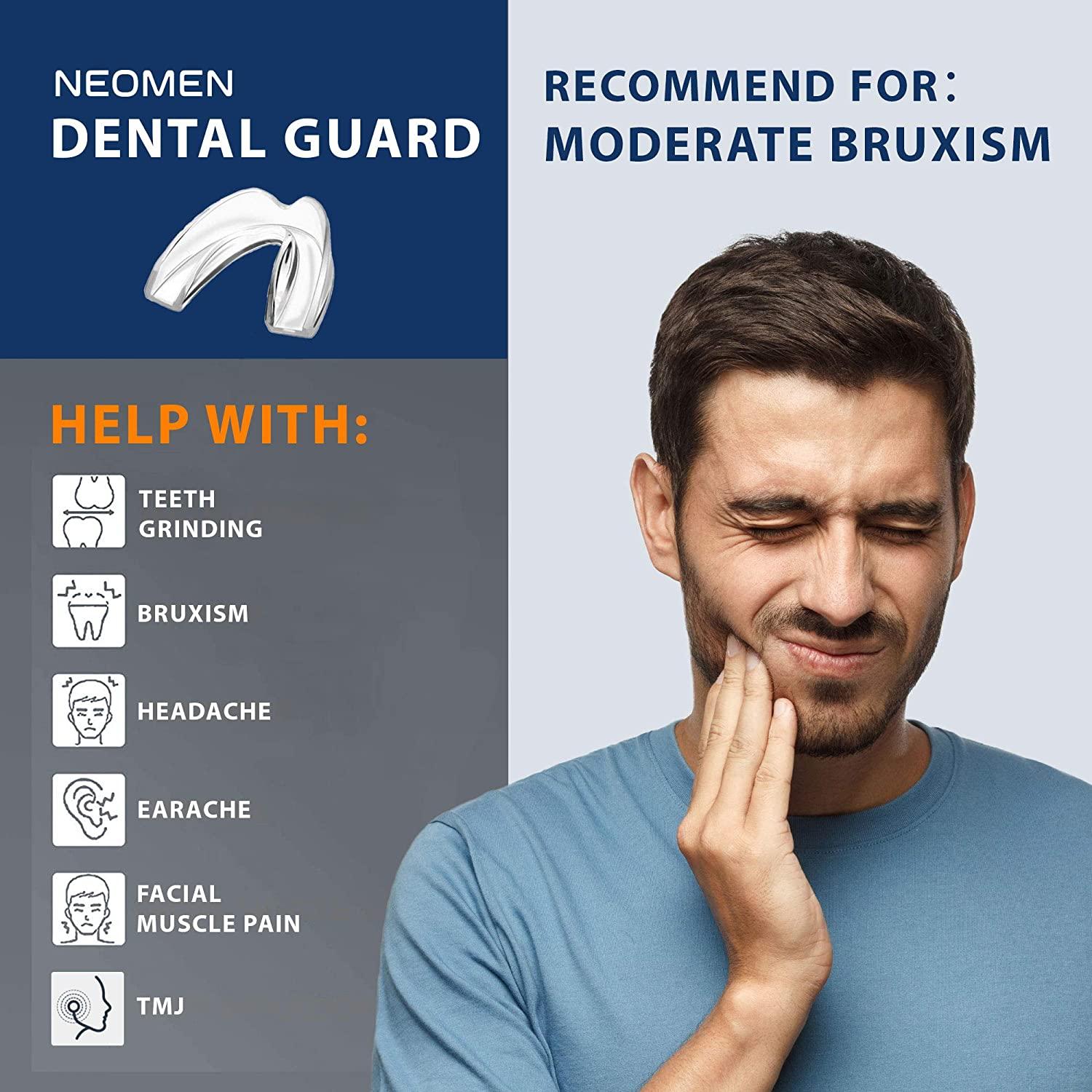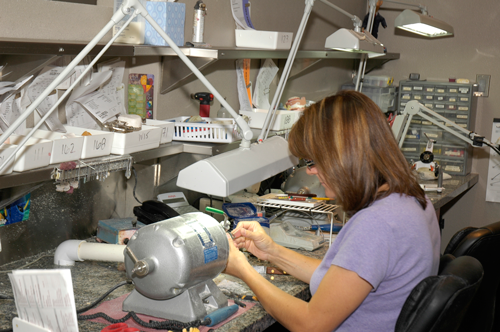Cleaning Night Mouth Guard

The importance of maintaining good oral hygiene cannot be overstated, and one crucial aspect of this is cleaning a night mouth guard. A night mouth guard, also known as a dental guard or bite guard, is a custom-made appliance designed to protect teeth from grinding and clenching during sleep. Over time, bacteria, plaque, and tartar can accumulate on the mouth guard, leading to unpleasant odors, stains, and potentially even oral infections. In this article, we will delve into the world of night mouth guards, exploring their benefits, the importance of cleaning, and providing a comprehensive guide on how to clean and maintain your night mouth guard.
Introduction to Night Mouth Guards
Before we dive into the cleaning process, it’s essential to understand the purpose and benefits of night mouth guards. These appliances are typically recommended for individuals who suffer from bruxism, a condition characterized by involuntary grinding or clenching of the teeth during sleep. Bruxism can lead to a range of issues, including worn-down teeth, jaw pain, and headaches. A night mouth guard acts as a barrier between the upper and lower teeth, preventing them from coming into contact and thereby reducing the risk of damage.
Why Cleaning Your Night Mouth Guard is Crucial
Cleaning your night mouth guard regularly is vital for several reasons. Firstly, it helps prevent the buildup of bacteria and plaque, which can lead to bad breath, gum disease, and other oral health issues. Secondly, a clean mouth guard reduces the risk of transferring bacteria from the appliance to your mouth, minimizing the chance of infections. Finally, regular cleaning helps maintain the lifespan of your night mouth guard, ensuring it continues to provide effective protection for your teeth.
Step-by-Step Guide to Cleaning Your Night Mouth Guard
Cleaning your night mouth guard is a straightforward process that requires minimal equipment. Here’s a step-by-step guide to get you started:
Rinse with Cold Water: Begin by rinsing your night mouth guard under cold running water to remove any loose debris or saliva.
Mild Soap and Toothbrush: Use a mild soap and a soft-bristled toothbrush to gently scrub the mouth guard. Be sure to clean all surfaces, paying particular attention to any areas with visible stains or buildup.
Vinegar Soak: Mix equal parts water and white vinegar in a bowl. Submerge your night mouth guard in the solution and let it soak for about 30 minutes. The acid in the vinegar helps break down and dissolve any tough plaque or tartar.
Baking Soda: For more stubborn stains or odors, you can try using baking soda. Make a paste by mixing baking soda with a small amount of water, and then apply it to the mouth guard. Let it sit for about 30 minutes before rinsing thoroughly with cold water.
Drying and Storage: After cleaning, rinse your night mouth guard thoroughly and dry it with a soft cloth. Store it in a well-ventilated case to prevent moisture buildup, which can lead to bacterial growth.
Advanced Cleaning Techniques
For those looking for extra cleaning power or dealing with particularly stubborn issues, there are a few advanced techniques worth considering:
Ultrasonic Cleaner: An ultrasonic cleaner uses high-frequency sound waves to create a cleaning solution that is extremely effective at removing bacteria and debris from small crevices and surfaces. This method is especially useful for detailed cleaning.
Denture Cleaning Tablets: Although designed for dentures, these tablets can also be used for cleaning night mouth guards. They work by dissolving in water to form a cleaning solution that helps remove stains and kill bacteria.
Maintenance and Replacement
While cleaning is a crucial part of maintaining your night mouth guard, it’s also important to consider the overall condition of the appliance. Over time, a night mouth guard can become worn out, lose its shape, or develop cracks, all of which can reduce its effectiveness. If you notice any of these signs, it may be time to consult with your dentist about replacing your night mouth guard.
Frequently Asked Questions
How often should I clean my night mouth guard?
+It's recommended to clean your night mouth guard after each use. This can be as simple as rinsing it under cold water or using a mild soap. Deep cleaning methods, like soaking in vinegar, can be done less frequently, such as once a week.
Can I use bleach to clean my night mouth guard?
+No, it's not recommended to use bleach. Bleach can damage the material of your night mouth guard, leading to discoloration, weakening of the plastic, or even the release of harmful chemicals. Always opt for mild cleaning agents.
How long does a night mouth guard typically last?
+The lifespan of a night mouth guard can vary depending on several factors, including the quality of the appliance, how well it's maintained, and the severity of your bruxism. On average, a night mouth guard can last anywhere from 5 to 10 years before it needs to be replaced.
Conclusion
Maintaining your night mouth guard is a critical part of your oral hygiene routine. By understanding the importance of regular cleaning and implementing the techniques outlined in this article, you can extend the life of your appliance, prevent oral health issues, and ensure your night mouth guard continues to provide effective protection against the damaging effects of bruxism. Remember, a clean night mouth guard is not just about hygiene; it’s also about preserving the health and integrity of your teeth and mouth. By taking these simple yet effective steps, you’re investing in a healthier, happier you.

